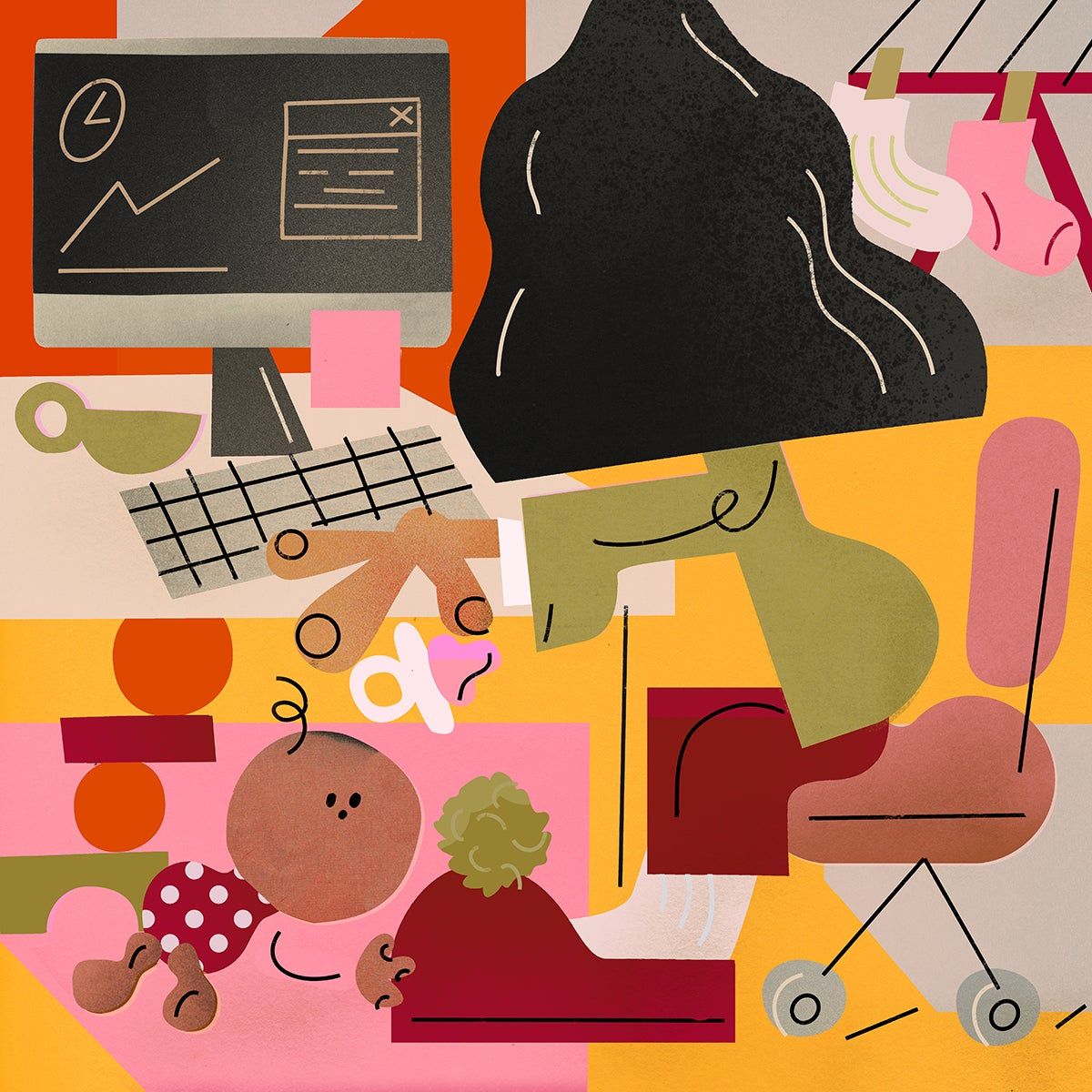
Parental Arts
Let's Discuss: The Mother Load
Value Care
If there’s one thing the past year has taught us, it’s how valuable domestic work is, yet the prevailing idea is that mothering is not working. That has to change. “Mothering work is productive work. Caregiving matters. Look what just happened when we took away our schools. An hour holding our children’s hand at the pediatrician’s office has to become as important as an hour in the boardroom,” says Rodsky.
As Lauren Smith Brody pointed out, valuing care also means elevating the status of everyone who does domestic work. “Our childcare workers need to be paid well. They need benefits. There has to be structure in place to allow us to do that. Absent that, we’re saying that domestic work isn’t worth much.”
Reframe the Conversation
When it comes to establishing that value, language matters. "Don’t say 'I’m just a mother,'” says Kimberly Seals Allers. “And when we see others saying it, we can gently remind them, you are doing something amazing...I don’t even say 'mommy wars.' I think that’s something the marketing folks made up to pit us against one another to sell us things. Let’s just make sure we’re not contributing to that.” Similarly, Lauren Smith Brody said the pandemic has made her realize something important in the context of her own work and The Fifth Trimester. “It’s not back to work. It’s back to your paid work,” said Brody.
It’s Not Just A Mother’s Issue
When rethinking workplace culture, it’s important not to pigeon hole mothers as the only ones who need change. “It should be a parents issue. We need fathers in our midst. Because the more we frame it as a mother’s issue, the more we perpetuate the idea that it only matters to us. It’s also important that we think through how do we bring women who are not mothers yet into this conversation?,” said Kimberly Seals Allers. Lauren Smith Brody agrees that flexibility and predictability cannot be mom issues. ”This benefits every single person in the workforce. That’s how we destigmatize it.” It’s also how we minimize what’s known as the Motherhood Penalty, or the fact that we lose 5-10% of our wages for every child we bring into this world, said Rodsky.
Focus on Predictability, Not Flexibility
“We’ve been too focused on flexibility and I’m worried it’s going to create two classes of workers,” says Rodsky. “The human right to predictability is what we need to focus on. Everybody gets the right to a predictable schedule. Because this affects women who are unable to work from home.”
Seize the Moment!
“There are silver linings to this moment,” said Kimberly Seals Allers, ”And if you look historically, pandemics have been society-shifting moments, we are at an opportunity to actually change things.” In addition to paid leave, which all three panelists said was crucial, and caregiver discrimination laws, Rodksy says now is the time to focus on free childcare. “We don’t want childcare centers,” said Rodsky, “We want money to use at our discretion.”
So what is one small thing we can do to make big changes happen? “You can vote,” says Lauren Smith Brody. “You can let your children see you vote and you can vote for people who are parents, particularly parents of young kids because the issues that you’re feeling will be centered in what they bring forward.”
Watch the full IGTV episode here!